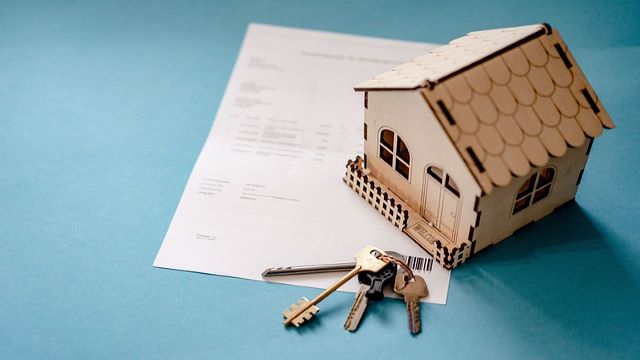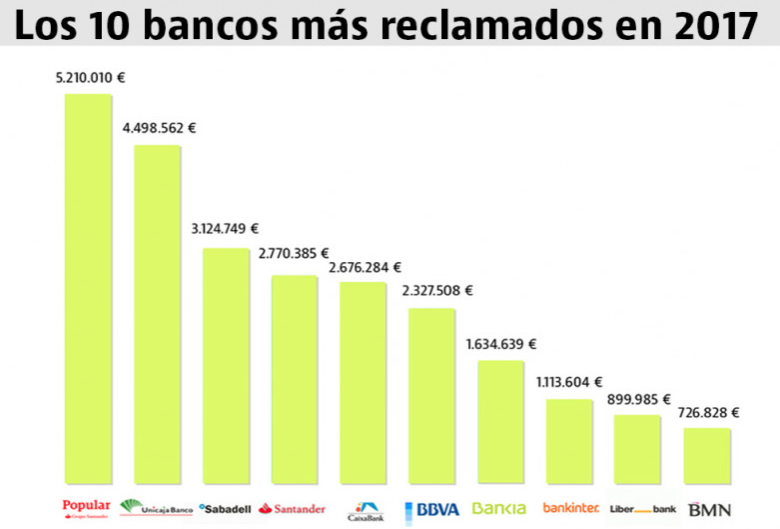Can you get mortgage in Spain as a Non-Resident?
The current situation we are experiencing (War and energy crisis) is making many citizens from countries in northern Europe look for a new home on the Spanish coast with a better climate and stability.
Many people have advanced plans for the future, but they can’t do it without resources. A lot of people have found a financial solution by getting a mortgage in Spain.
Non-Spanish Residents purchasing property in Spain will have no difficulty obtaining a Spanish mortgage.
Even despite Brexit and the UK no longer being a part of the EU, this has not impacted the Brits ability to purchase a Spanish property.
On the other hand, young people from countries such as Belgium or The Netherland, find far much easier buying their first property in Spain than in their home country because of lower prices and more flexible mortgage conditions.
What is the difference between Non-Resident Mortgage vs Resident mortgage?
The biggest difference is the maximum loan-to-value (LTV) that banks will allow.
What is loan to value (LTV)?
The loan-to-value ratio is the amount of the mortgage compared with the value of the property. It is expressed as a percentage. If you get an 60,000€ mortgage to buy a 100,000€ home, then the loan-to-value is 60%, because you got a loan for 60% of the home’s value.
Residents can generally borrow up to 80% of the property’s assessed value, whereas non-residents are limited to 60–70% LTV, depending on the mortgage type and client’s profile.
How much deposit do you need for a mortgage in Spain?
For a Spanish mortgage, you will generally need a minimum deposit of 30-40% of the property’s purchase price plus between 13-14% to cover all the cost taxes and expenses involved in the purchase of the property.
What are the interest rates November 2022 in Spain for Non-Residents?
Interest rates for Spanish mortgages are linked to the European interbank offered rate, commonly referred to as the Euribor and include an added margin on top.
- The average rate for variable-rate mortgages is 3,5%
- The average rate for fixed-rate mortgages is 4.00%. Nonetheless, please be informed that with the current situation, this could be different by the time you decide to apply for.
Here you can see 3 examples of the different interest rates in some of the biggest banks in Spain with the example of the average purchase of second-hand home of 200.000 euros.
Caixa Bank:
Second-hand home: price €200,000
Entry €60,000
The bank finances 140,000 over 20 years with a fixed TIN of 3.85%. TAE 4.39%
Fulfilling the conditions (payroll plus home and life insurance) the fixed interest rate offered is TIN 2.85% TAE 4.43%
https://www.caixabank.es/aplnr/hipotecas/simulador/index_es.html#
ING Banco:
Second-hand home; price €200,000
Monthly net income: €3,000 (can be skipped)
Entry €70,000
The bank finances 130,000 over 20 years with a fixed TIN of 4.20%. TAE 4.28%
Fulfilling the conditions (payroll plus home and life insurance) the fixed interest rate offered is TIN 3.70% TAE 4.44%
Variable:
Euribor + 1.29%
Bonus (payroll plus home and life insurance): Euribor + 0.79%
https://www.ing.es/landings/hipotecas/simula-hipoteca
Open Bank:
Second-hand home; price €200,000
Monthly net income: €3,000 (can be skipped)
Entry: €60,000
The bank finances 70% of the home: 140,000 at 20 years with a T.I.N: 3.36% (*) T.A.E: 3.42%
Fulfilling the conditions (payroll plus home and life insurance) the fixed interest rate offered is T.I.N: 2.76% (*) T.A.E: 3.32%
Variable:
Other installments: Euribor + 0.70% – Variable TAE: 3.71%
https://www.openbank.es/simulador-hipoteca?gclid=Cj0KCQiA-JacBhC0ARIsAIxybyMcQnR-
What is the 35% “debt to income” rule(DTI)?
The Bank of Spain recommends applying the 35% debt to income rule to know how much it is advisable to save and, therefore, how much we should spend monthly.
In this way, the debt capacity is the result that we have left when subtracting other debts in home countries and the new mortgage in Spain from our total income. This should not be more than 35% of the net capital that we have left for the month.
The global political challenges and the rise in mortgages
As the energy crisis worsens. The sanctions against Russia and the consequent retaliation from Moscow complicate the scenario. Supply via Nord Stream 1 is suspended indefinitely and gas and electricity prices are skyrocketing again. To deal with this context, Europe proposes reductions in consumption, taxes on energy and subsidies for consumers.
The control of inflation is the main challenge and concern of the European Central Bank. The central bank is willing to sacrifice economic growth and jobs to curb rising prices.
The fight against inflation by central banks will be a longer and more painful process than initially expected. This translates into higher interest rates and for a longer time.
Still however Spain is one of the countries in Europe with low interest rates, price properties much lower that Northern Europe, fantastic medical system and superb quality of life.
But given the current situation, banks are beginning to make fixed rates more expensive due to the rise in the Euribor, if you are thinking of hiring a fixed mortgage at an attractive price, we recommend that you request it now!
We are here to guide you through the whole process, so please don’t worry.
Last but not least, the property buying process in Spain is relatively easier than in many other countries. If you want to buy a home in Spain, put all your worries aside. Foreigners can easily buy property in Spain and take a mortgage, thanks to the streamlined property buying process in the country.
If you are thinking about requesting a mortgage in Spain, you will find it interesting to know the process, here you can see a guide https://fuster-associates.com/mortgage-spain-property
If you want to relocate to Spain, buy a property, or get a mortgage please Contact Us for further information and we can tell you what mortgage you can aspire to with your current income and situation and the budget you can buy with for the debt you are willing to incur.
Our team is ready to inform you about mortgages in Spain for non residents and interest rates November 2022.
We want to help you navigate all the legal complexities that come with your home buying in Spain, but this article is legal information and should not be seen as legal advice.






5 Comments
I found this article on mortgages in Spain for non-residents and interest rates to be incredibly informative. As someone who has considered the idea of owning property in Spain as a non-resident, it’s often challenging to navigate the intricacies of the real estate and mortgage market in a foreign country. The detailed breakdown of the interest rates and the factors affecting them was particularly enlightening.
Thanks for sharing this awesome blog about mortgages in Spain for non residents and interest rates . This is truly amazing.
The fact that you have offered this information over here is very much appreciated. It will be very beneficial to comprehend the mortgages available in Spain to non-residents as well as the interest rates and how it pertains to them or to their customers.
Hi David,
Unless you want a very, very small mortgage, it’s going to be very difficult to get a mortgage in Spain. You could only obtain financing for a maximum of 2 years, that is, until the client turns 70.
However, please tell me what the house is worth ? Then we can have a look at it ?
Hi — I live in Sweden and am planning on moving to Barcelona. I will have about €250k to make as a down payment on an apartment in Barcelona. My income is from 3 guaranteed pensions totaling €3400. I’m 68. How much could I borrow on a mortgage?